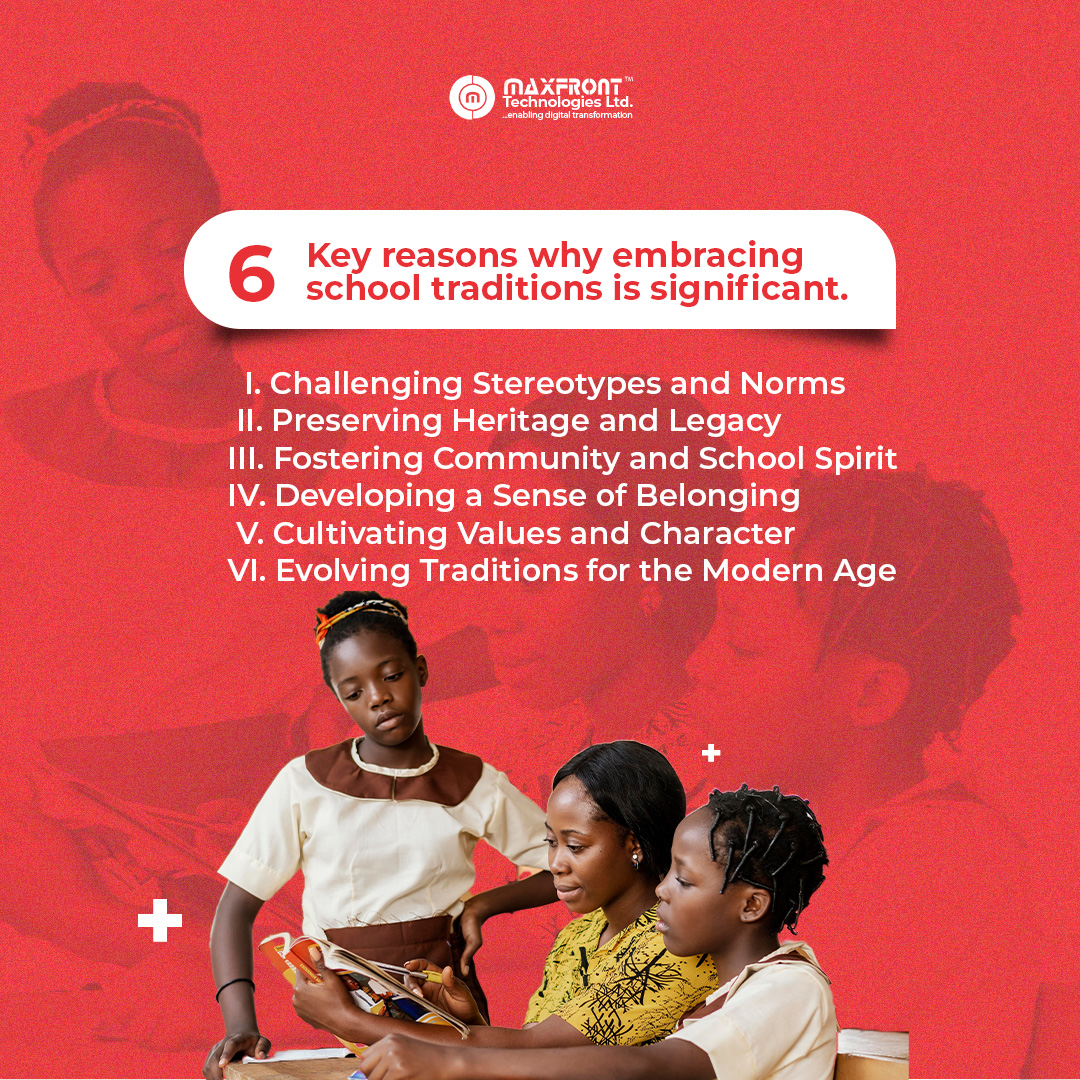
Introduction:
School traditions hold a timeless and profound significance in the ever-evolving education landscape. These enduring rituals and practices play a crucial role in fostering a positive educational culture and creating a strong sense of belonging, unity, and pride among students, teachers, school owners, and the community. In this blog post, we will delve into the importance of embracing school traditions. We will explore how these traditions enhance the learning experience, leave a lasting impact on the school community, and illuminate the essence of educational culture.
Embracing school traditions creates a positive educational culture that promotes unity, pride, and belonging among students, teachers, and the community. These traditions can enhance the learning experience and create enduring memories for current students and alumni. Inspiring traditions from various institutions demonstrate their profound impact on the school community, resulting in a unique and memorable student experience. Here, we present six key reasons why embracing school traditions is significant.

I. Understanding the Power of School Traditions
School traditions encompass more than mere rituals; they are the threads that interweave a school community’s past, present, and future. They give students and faculty a sense of identity, pride, and belonging. By honouring and preserving these traditions, schools foster a strong sense of unity and create a distinctive educational experience. Traditions instill school spirit and pride, shaping students’ identity and loyalty. Furthermore, they forge lasting memories and evoke nostalgia, establishing profound connections between students, alumni, and their alma mater.
II. Preserving Heritage and Legacy
School traditions serve as guardians of an educational institution’s rich heritage and legacy. They serve as living testaments to past values, achievements, and milestones. From annual events and ceremonies to iconic symbols and emblems, traditions connect students to the legacy of those who came before them, instilling reverence and appreciation for their school’s history.
III. Fostering Community and School Spirit
Traditions play a pivotal role in fostering community and school spirit. They bring together students, teachers, parents, and alumni, forging bonds that transcend time and graduation. From pep rallies and homecoming events to spirit weeks and alumni reunions, these traditions build a strong sense of camaraderie and pride within the school community.
IV. Developing a Sense of Belonging
School traditions provide students with a profound sense of belonging and inclusion. Whether through annual talent shows, senior pranks, or graduation ceremonies, these shared experiences create enduring memories and lifelong friendships. Students develop a sense of ownership over their school community by participating in traditions and fostering a positive and supportive environment.
V. Cultivating Values and Character
Traditions often reflect an educational institution’s core values and character. From service projects and philanthropic endeavours to honour codes and academic achievements, these traditions reinforce the importance of integrity, empathy, and excellence. Students internalize and embody these values by actively engaging in these traditions, preparing them to become responsible citizens and future leaders.
VI. Evolving Traditions for the Modern Age
While honouring the past, schools must also evolve their traditions to remain relevant and engaging for today’s students. Embracing new technologies, incorporating diverse perspectives, and adapting to changing educational needs can breathe new life into established traditions, ensuring their continued impact and resonance with students in the digital age.
VII. Nurturing Creativity and Innovation
School traditions should provide a platform for students’ creativity and innovation. Encouraging student involvement in shaping and evolving traditions empowers them to take ownership of their educational experience. Whether through artistic performances, entrepreneurial initiatives, or cultural celebrations, traditions can ignite students’ creative expression and problem-solving skills.
Embracing school traditions offers numerous benefits to students and the school community. These include enhancing student engagement and motivation, creating a positive learning environment, and fostering a sense of community and school pride. Moreover, traditions play a crucial role in character development by instilling core values and promoting positive behaviour. Through active participation in traditions, students learn important life lessons and develop moral foundations.
Over time, sustaining and evolving school traditions is essential to ensure their continued impact and relevance. Striking a balance between tradition and innovation allows schools to maintain a vibrant educational culture while meeting the evolving needs of students. Engaging the entire school community in the planning and execution of traditions fosters a sense of ownership and strengthens bonds among stakeholders.
Conclusion
In conclusion, school traditions form the heartbeat of educational culture, connecting the past, present, and future. Embracing these traditions illuminates the essence of educational culture, enhancing the overall learning experience and fostering unity, pride, and a sense of belonging among students, teachers, and alumni.
Furthermore, these traditions play a vital role in character development, cultivating values, character, and a lifelong appreciation for education. By valuing and nurturing school traditions, we can ensure the continued growth and success of educational institutions. Let us embrace the power of school traditions and celebrate the vibrant educational cultures they create as guiding lights illuminating the path to an enriching and transformative educational journey.